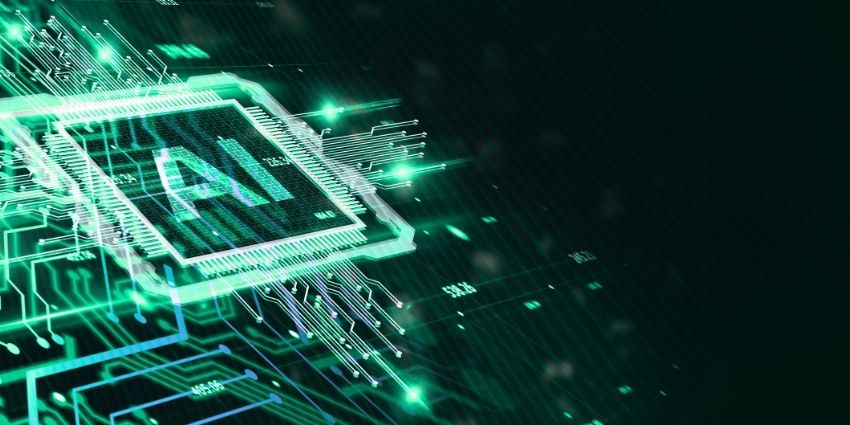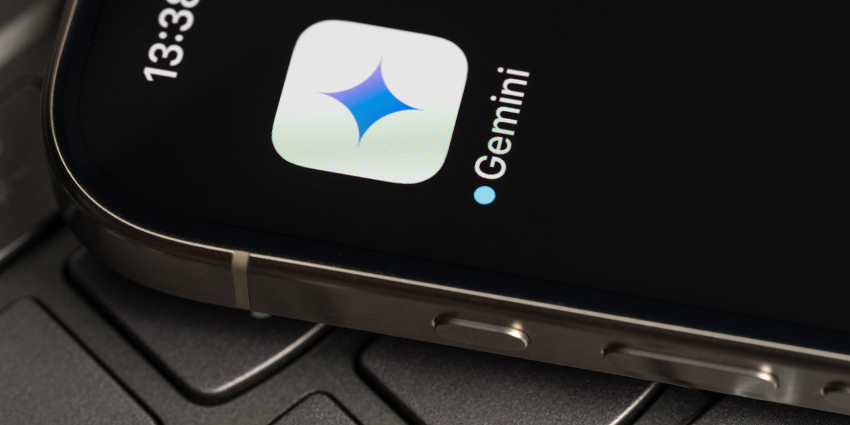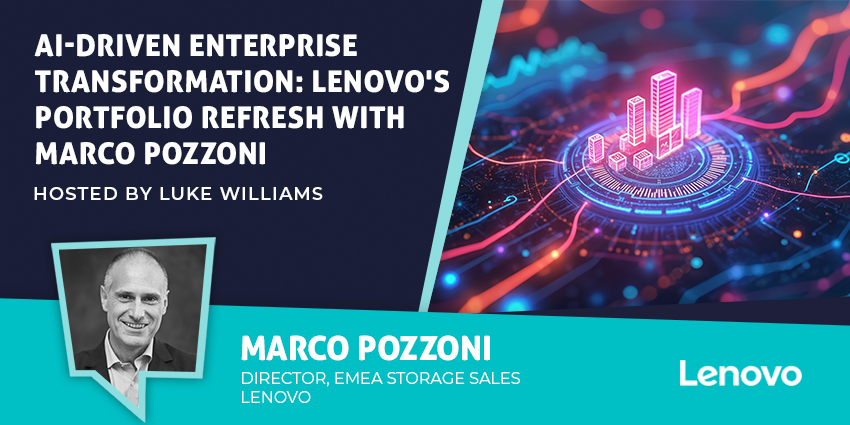It’s been another momentous week in AI, with developments that continue to reshape the industry landscape.
Amazon prepares to revolutionise Alexa with big AI upgrades, global leaders clash over AI regulation at the Paris Summit, and OpenAI makes moves to break NVIDIA’s hardware dominance.
Musk Squabbles with Altman
In Silicon Valley’s latest soap opera, Elon Musk made an audacious $97.4 billion bid to acquire OpenAI, only to be met with a swift “no” and an unexpected counter-jab from his former business partner Sam Altman. In response to Musk’s lowball offer, Altman said ‘no thanks’ and quipped he’d happily take X off Musk for $9.74bn – 10% of Musk’s proposal!
The original offer, significantly below OpenAI’s potential $300 billion valuation, came through Musk’s attorney Marc Toberoff, seeking to acquire “all assets” of the AI powerhouse. Social media users quickly dubbed the spat “Kendrick vs. Drake for billionaires,” with Altman’s Twitter counter-offer adding fuel to an already blazing tech feud.
Christie Pitts, tech investor at Panasonic Well, noted with diplomatic skepticism:
I think it’s fair to be pretty suspicious of this considering that he has a competitor himself… which is structured as a for-profit company.
The drama intensified with OpenAI’s involvement in the $500 billion Stargate Project alongside Oracle and international investors. Musk, currently serving as President Trump’s tech advisor, publicly questioned whether the Stargate Project “actually has the money” – though without providing evidence for his skepticism.
Alexa Gets Smarter
Amazon is set to unveil a completely revamped, AI-powered Alexa on February 26th, marking a significant evolution in virtual assistant capabilities. The upgrade, spearheaded by devices chief Panos Panay, follows an $8 billion investment in Anthropic.
The new premium version promises multi-conversation handling and enhanced personal agent capabilities, with Bank of America analysts projecting potential annual revenues of $600 million if just 10% of users opt for the $5-$10 monthly subscription.
As Amazon prepares for its Valentine’s Day launch decision, the stakes are high with over half a billion Alexa-enabled devices already in circulation. The classic version will remain available for free, but won’t receive further upgrades.
Paris Summit Exposes Global AI Divisions
The Paris AI Action Summit has highlighted deep divisions in global AI governance, with Vice President JD Vance delivering a forceful critique of European regulation. The US and UK notably refused to sign a joint declaration promoting “open,” “inclusive,” and “ethical” AI development, which approximately 60 other nations backed.
Vance warned European leaders:
America wants to partner with all of you… But to create that kind of trust, we need international regulatory regimes that foster the creation of AI technology rather than strangle it.
French President Macron defended his nation’s approach, announcing Clara Chappaz as France’s first AI Minister and unveiling plans for “AI Gigafactories.” Meanwhile, Indian PM Modi emphasized collective global efforts, stating: “We are at the dawn of the AI age, which will shape the course of humanity.”
Tensions escalated when Vance reportedly left a leaders’ dinner during Chinese Vice Premier Zhang Guoqing’s speech, later warning about collaboration with authoritarian regimes.
OpenAI’s Hardware Independence Play
In a bold move to reduce dependency on NVIDIA, OpenAI has partnered with TSMC and Broadcom to develop custom AI chips. Led by former Google chip developer Richard Ho, the initiative could see investment reaching $500 million.
The timing is significant, following NVIDIA’s recent market turbulence. The chip giant suffered its largest single-day market value loss in history, with shares plummeting 17% after DeepSeek’s breakthrough, wiping nearly $600 billion off its value.
NVIDIA CEO Jensen Huang had earlier announced ambitious plans at CES 2025:
AI will be mainstream in every application for every industry. With Project DIGITS, the Grace Blackwell Superchip comes to millions of developers.
OpenAI’s move signals a potential shift in the AI hardware landscape, challenging NVIDIA’s current market dominance and potentially reshaping the industry’s infrastructure dynamics.








